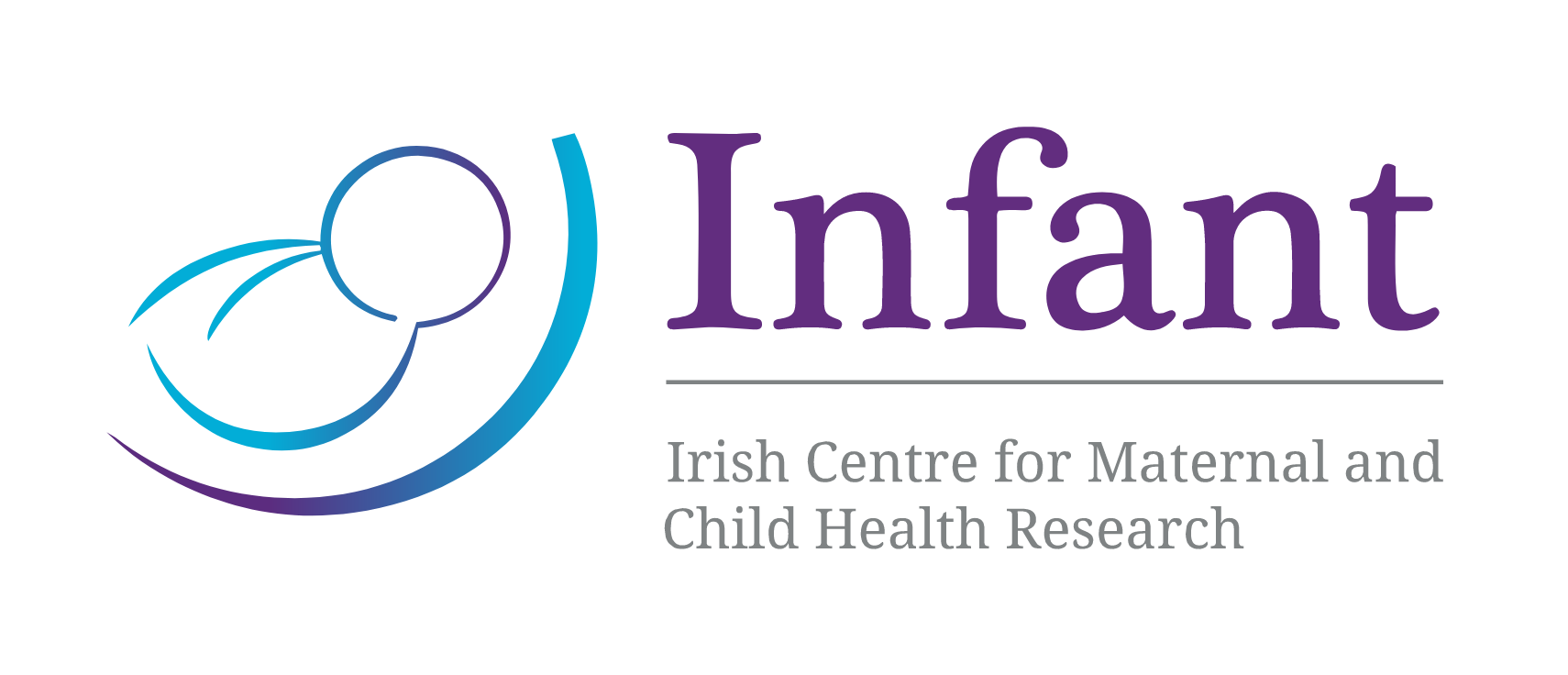SPINDLE
Assessing SleeP IN infants with early-onset atopic Dermatitis by Longitudinal Evaluation (The SPINDLE study)
Background
Atopic dermatitis (AD) is the most common chronic inflammatory skin condition in childhood. Most (50-60%) children with AD report sleep disturbance, which is secondary to itch, dry skin, inflammation, and abnormal circadian rhythm. Sleep is essential for brain development, learning, and growth. Sleep disruption in early life is associated with cognitive and psychological dysfunction in later life. The aim of the SPINDLE study is to describe in detail the sleep architecture of infants with early-onset atopic dermatitis (AD), compared to controls, by using EEG polysomnography, sleep actigraphy, and parental reporting.
Methods
This observational study will recruit six- to eight-month old infants with moderate to severe AD and age-matched control infants who do not have AD. At six-eight months diurnal sleep electroencephalography and polysomnography will be performed in the INFANT sleep laboratory. Nocturnal sleep actigraphy will be performed at home for five consecutive nights at six-eight months and 12 months. Between six and 12 months, monthly questionnaires will capture data on quantitative sleep and parental sleep. Skin barrier and immune profiles will be captured at six-eight and 12 months. AD will be assessed using standardized severity assessment tools and treated according to protocol. A neurodevelopmental assessment will be performed at 18 months to assess cognition and behaviour. An estimated sample size of 50 participants in each group is required to power the primary outcome of disturbed macrostructure of sleep and secondary outcomes of disturbed microstructure of sleep, and disturbed parental sleep, assuming an attrition rate of 40%. Potential confounding factors which will be controlled for in the data analysis will include parental educational level, parental depression, feeding practice, and number of siblings.
Discussion
This study will provide a rich analysis of sleep in infants with AD in the first year of life using detailed electroencephalography, novel actigraphy techniques, and longitudinal parent-reported data. It may provide guidance on the optimal treatment of AD to prevent or reduce sleep disruption.
Trial registration
clinicaltrials.gov NCT05031754, retrospectively registered on September 2nd, 2021.
Study protocol
https://bmcpediatr.biomedcentral.com/articles/10.1186/s12887-022-03382-3
Principal Investigator: Prof Geraldine Boylan
Co-Investigators: Dr Cathal O’Connor, Dr Michelle Murphy, Prof Deirdre Murray, Prof Jonathan Hourihane, Prof Alan Irvine, Ms Kate O’Halloran
